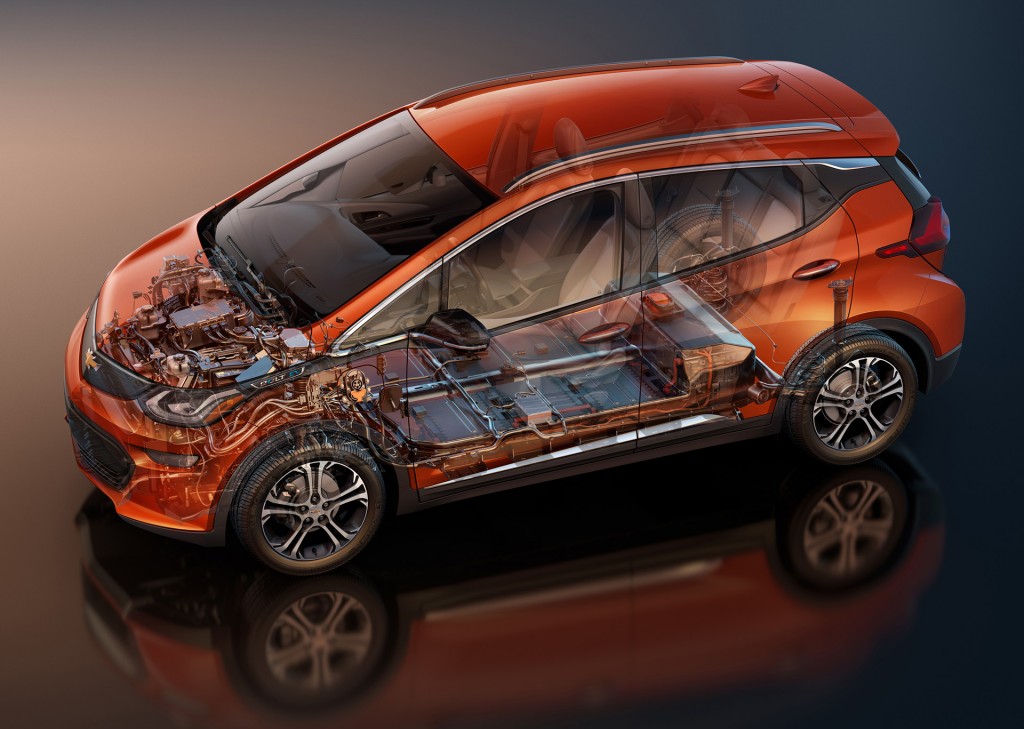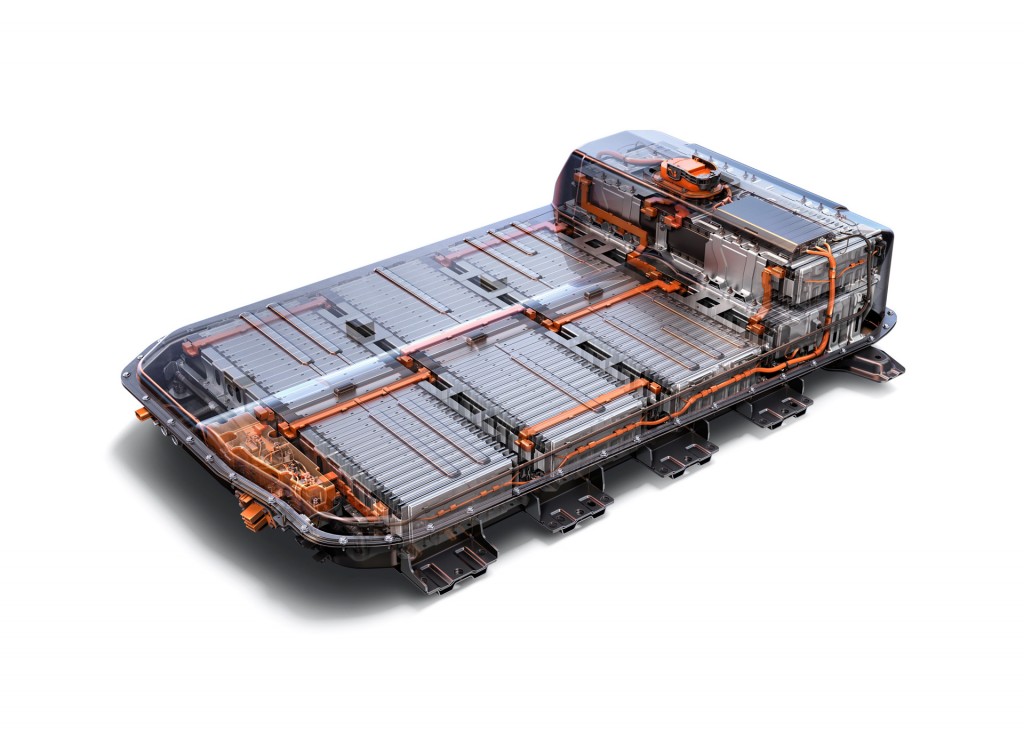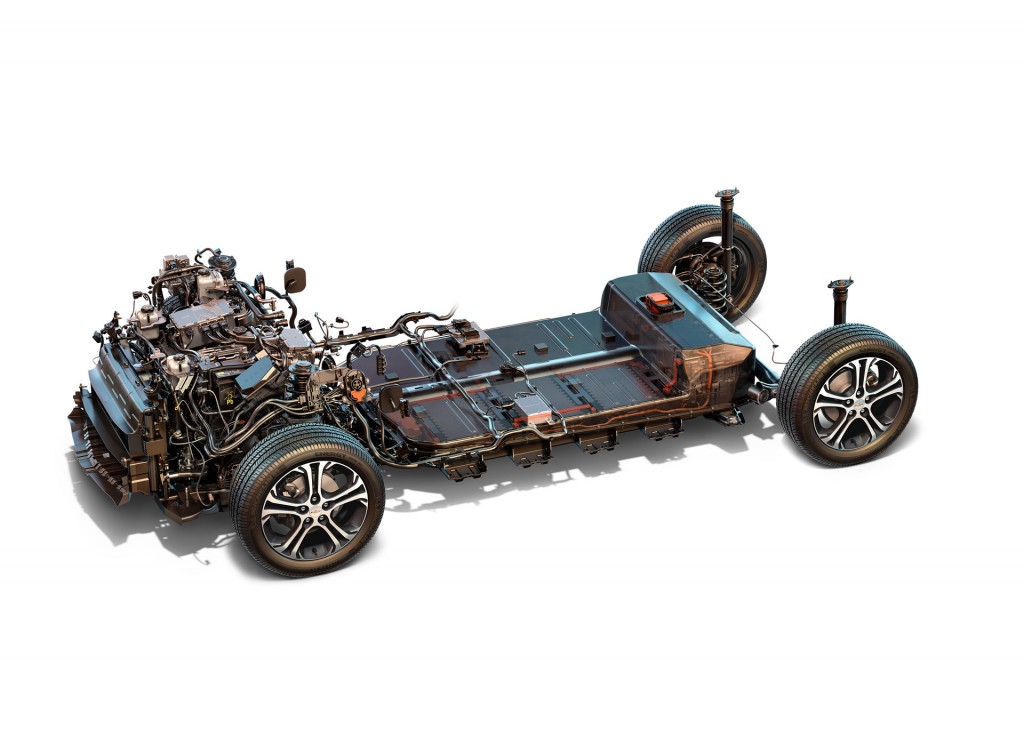It's every electric car owner's nightmare: the car indicates that remaining range has suddenly plummeted to zero, the battery pack stops providing current, and the car won't run.
For some 2017 Chevrolet Bolt EV drivers, that scenario has happened in real life. The problem has resulted in a program under which Chevy will replace the entire battery pack in a small number of Bolt EVs.
According to a recall notice issued by Chevrolet on April 3, certain early-production cars "may have a condition where the calibration will not detect the difference in the state of charge between the cell groups of the battery."
DON'T MISS: How much does a replacement Chevy Bolt EV electric-car battery cost?
"This condition may not provide sufficient warning prior to a battery cell low-voltage condition, which may result in a loss of propulsion."
That recall notice can be found in a post on the ChevyBolt.org forum, among other places, along with stories from owners who experienced the sudden loss of power when the pack.
The problem occurs when the voltage produced by a group of three cells within a module starts to wane due to a flaw in a particular cell.
![Chevrolet Bolt EV electric car battery-pack disassembly [video: Weber State University, Utah] Chevrolet Bolt EV electric car battery-pack disassembly [video: Weber State University, Utah]](https://images.hgmsites.net/lrg/chevrolet-bolt-ev-electric-car-battery-pack-disassembly-video-weber-state-university-utah_100644082_l.jpg)
Chevrolet Bolt EV electric car battery-pack disassembly [video: Weber State University, Utah]
That requires all the other cell groups to produce incrementally more voltage to compensate, leading to slightly faster cell degradation.
Because GM's Onstar service monitors the power produced by each cell group in real time via the car's cellular link, the company can tell which Bolt EVs suffer from reduced cell-group voltage well before the driver notices anything at all.
The company knows the Vehicle Identification numbers of those cars, and it will notify those owners that they are eligible for a replacement battery pack.
GM declined to specify how many packs it had replaced, saying only, "A very small percentage of owners have reported problems with their batteries."
One owner who has since received the notice and had his car updated is Jeff Jablansky of Los Angeles, who had earlier described the process of fitting new tires to his Bolt EV to improve its handling and roadholding.

2017 Chevrolet Bolt EV

2017 Chevrolet Bolt EV

2017 Chevrolet Bolt EV
He didn't receive a notice from GM. Instead, he saw the notice of the possible recall—which GM is calling a "customer satisfaction program" rather than a formal recall of the kind required by the NHTSA—in an owner's forum.
He made an appointment with the service department at Rydell Chevrolet in Northridge, California, to have his car checked out.
Once he arrived, a technician told him his car qualified for a complete replacement battery pack, at no cost to Jablansky, based on its VIN.
The dealer provided a rental car for the duration of the swap, which the technician said would likely require three or four days—including the two days it takes to ship a new battery pack from Detroit.
Just a day later, the dealer texted him that the swap was complete. Jablansky drove away with an electric car powered by a new battery, which he hasn't bothered to inspect.

2017 Chevrolet Bolt EV pre-production vehicles at Orion Township Assembly Plant, March 2016
Jablansky said the entire process was fast and easy, and he's "just happy I didn’t experience the sudden power loss that some did."
It turns out, he noted, that he could have saved the inspection step by using the GM Recalls website, which would have let enter the car's VIN to determine if the electric car was affected by the issue and qualified for a new pack.
Interviews with numerous sources suggest that the problem is unlikely to occur in Bolt EVs that have covered more than 10,000 or 15,000 miles.
CHECK OUT: Chevrolet Bolt EV electric car: what's inside the battery? Teardown video shows all
In a second "customer satisfaction campaign," Chevrolet is encouraging all Bolt EV owners to bring in their cars for a software update that will give them more warning if their car's indicated range is about to plummet.
That applies to all model-year 2017 Bolt EVs, but the software patch has been built into all 2018 models at the factory, so they do not need the update.
Chevy expects to notify all 2017 Bolt EV owners of that update shortly.













